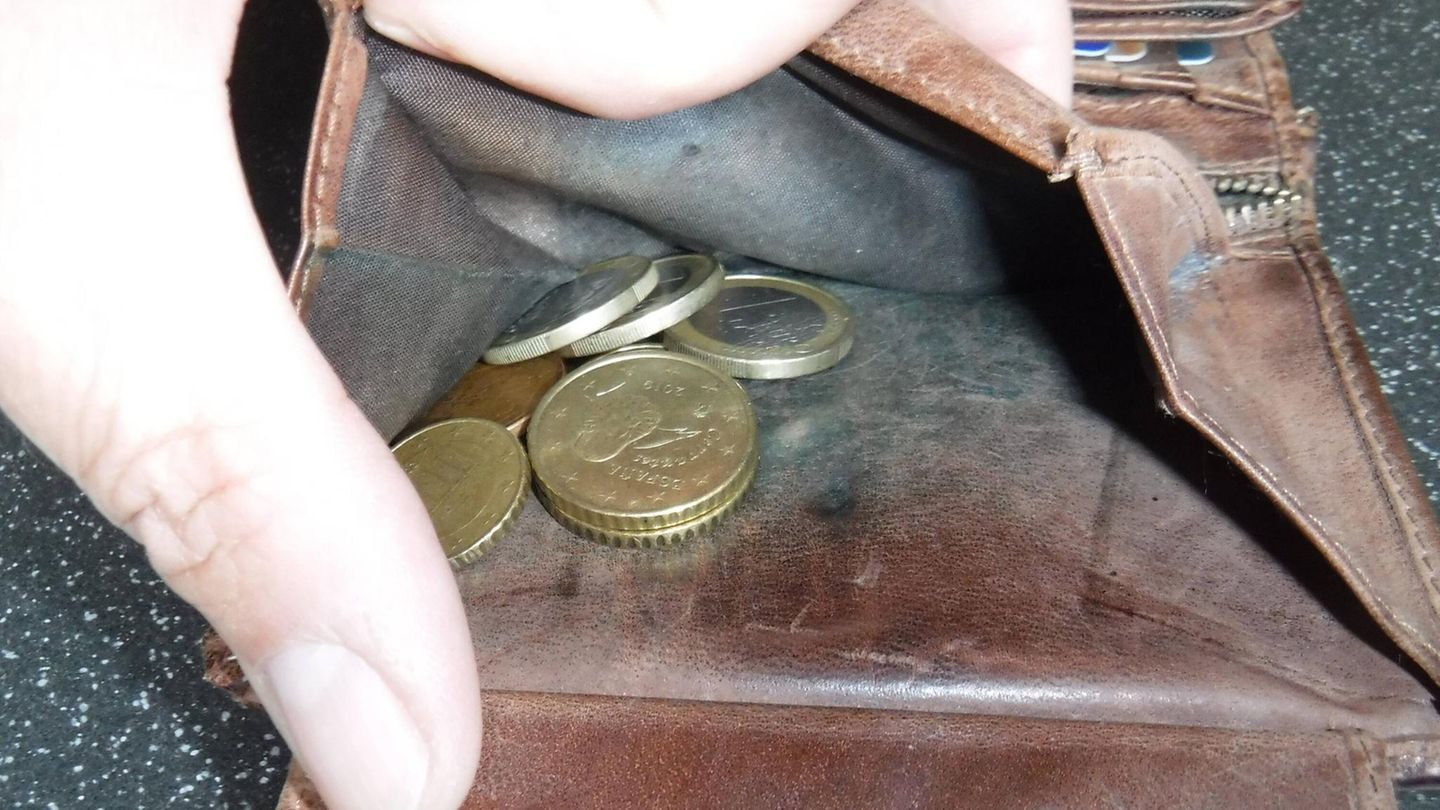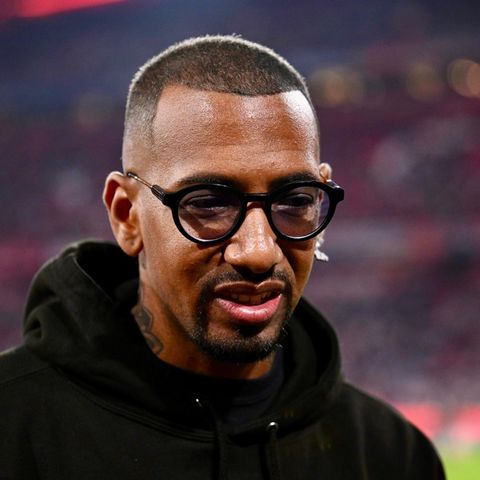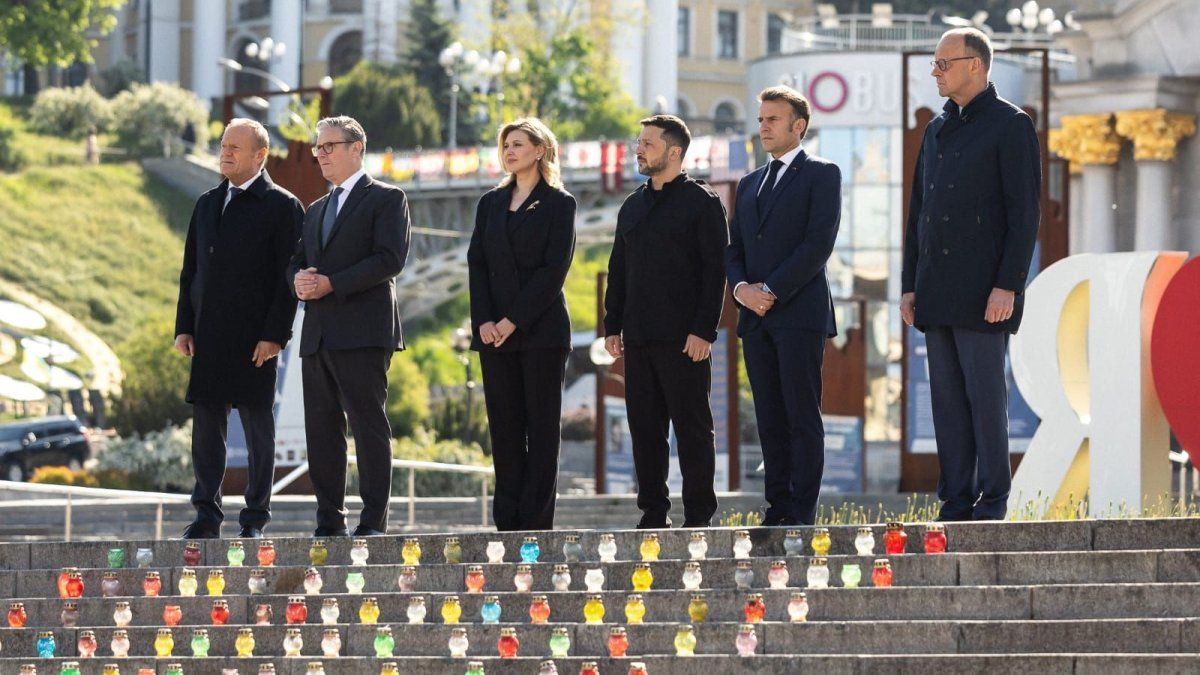“We don’t just want to conduct professional traffic light negotiations now, we also want to govern so well together that we will be re-elected,” tweeted Scholz on Saturday.
This tweet is disabled
Please activate the category Social media in your cookie settings to display this element. My cookie settings
That will succeed if the future German federal government shows the citizens: “There is a new departure, they are making the right decisions for our future.” The leaders of the SPD, Greens and FDP presented a joint paper on Friday on the outcome of their exploratory talks and pleaded for coalition negotiations. The SPD executive committee voted unanimously for negotiations on Friday. In the case of the Greens, a small party conference should decide this Sunday, the decision of the FDP leadership should then be made on Monday.
Merz and Laschet surprisingly benevolent
According to the CDU economic expert Friedrich Merz, CDU boss Armin Laschet also commented surprisingly benevolent on the exploratory paper on Saturday. “There are a lot of good things in there,” said the failed chancellor candidate at the Young Union’s Germany Day in Münster, North Rhine-Westphalia. But much is also “claused”. The CDU must now look carefully. “We will measure them by the deeds, not by twelve pages of exploratory paper,” said Laschet. At the same time, he clearly attuned the CDU to a role in the opposition.
Merz had previously also paid tribute to the three potential traffic light partners for their exploratory concept. “I think you have presented a considerable paper,” said Merz to the editorial network in Germany. “This is an occasion for respect and critical self-examination: we could have had that too.” He set a significantly different accent than Union parliamentary group leader Ralph Brinkhaus, who had criticized the concept.
“Failure would be really surprising now”
Meanwhile, the SPD, Greens and FDP continue to spread confidence that the targeted formation of a government will succeed. Greens boss Robert Habeck said on Friday evening on ZDF that failure “would really be a surprise”. “I don’t think so any more.” But there are still a few conflicts. Scholz reaffirmed the goal of having formed a new government before Christmas on ARD.
The Rhineland-Palatinate Prime Minister Malu Dreyer (SPD) told the “Handelsblatt”: “In the explorations we have created the basic requirements for a traffic light coalition: We have built trust.” Government formation is always a give and take, said Dreyer, who herself leads a traffic light alliance in Rhineland-Palatinate. “All in all, we were able to achieve a lot of what we set out to do before the election.”
Critical points removed
There is particular criticism of the question of how the plans for a possible traffic light government are to be financed. Habeck assured ZDF that this question had come further than the result paper reflected. “The possibility of being able to take on significantly more debt in the next year” is not one of them. He added: “With one exception that the FDP has pushed for a new pension system, and ten billion will be made available in the next year in a loan.”
The SPD, FDP and Greens had also cleared away other critical points with “preliminary determinations”. Among other things, they agreed on a faster phase-out of coal, a massive expansion of renewable energies and a minimum wage of twelve euros. Neither a speed limit on motorways nor tax increases are planned according to the paper.




